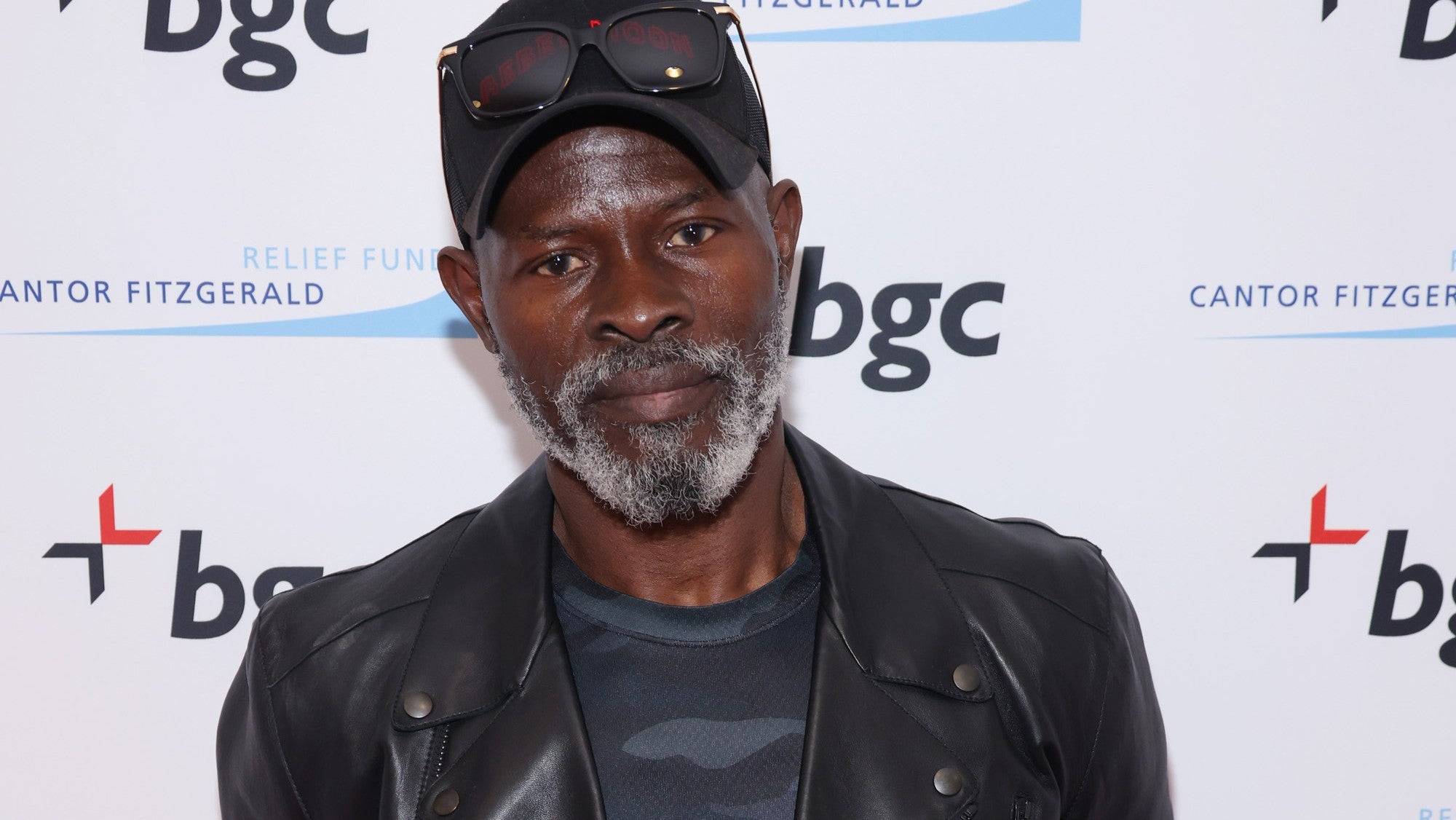Djimon Hounsou, a seasoned actor known for his roles in blockbuster films across Marvel, DC, Netflix, and other major studios, has openly discussed his struggles to make a living in Hollywood. Despite his impressive resume, which includes two Oscar nominations for Best Supporting Actor for his performances in "In America" and "Blood Diamond," Hounsou revealed to CNN that he feels "definitely underpaid" in the industry.
"I’m still struggling to make a living. I’ve been in this business making films now for over two decades with two Oscar nominations, been in many blockbuster films, and yet, I’m still struggling financially. I'm definitely underpaid," Hounsou stated. This sentiment echoes his earlier comments to The Guardian in 2023, where he expressed feeling "cheated, tremendously cheated," both financially and in terms of workload, especially when compared to peers who have fewer accolades but are more financially secure.

Hounsou, who hails from Benin, has also pointed to racism and xenophobia as factors impacting his career. He recounted experiences in studio meetings where executives expressed surprise that he was still actively working in the industry, suggesting a limited perception of his capabilities and presence. "I’ve gone to studios for meetings and they’re like, ‘Wow, we felt like you just got off the boat and then went back [after Amistad]. We didn’t know you were here as a true actor,'" he shared. Hounsou acknowledges the challenge but remains determined to change perceptions, stating, "When you hear things like that, you can see that some people’s vision of you, or what you represent, is very limiting. But it is what it is. It’s up to me to redeem that."
Recently, Hounsou's work has included roles in "A Quiet Place: Day One," the two "Rebel Moon" films on Netflix, the video game adaptation "Gran Turismo," "The King's Man," "Shazam: Fury of the Gods," "Captain Marvel," and "Fast and Furious 7," among others. His extensive filmography underscores his talent and versatility, yet his comments shed light on the broader issues of pay disparity and recognition within the entertainment industry.















